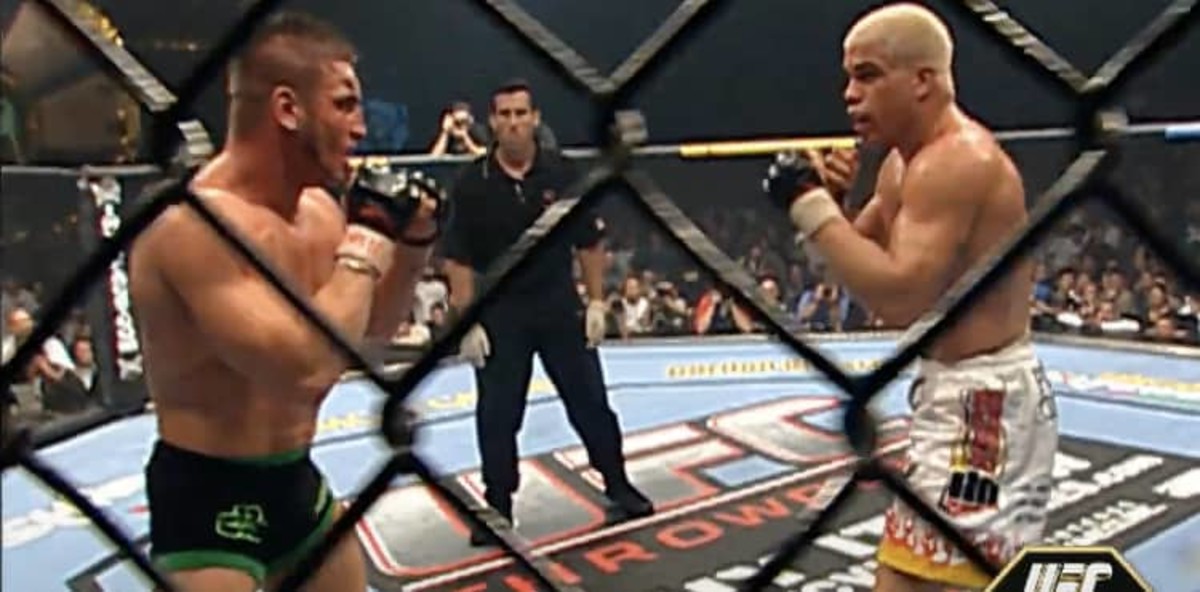In the annals of mixed martial arts, few rivalries burned as intensely as that between Tito Ortiz and Ken Shamrock. Their first meeting at UFC 40 in 2002 was a pivotal moment for the sport, ending with Ortiz dominating after surviving an early knockdown. Four years later, despite Shamrock`s subsequent career struggles, the demand for a rematch remained immense. This led to their highly anticipated second encounter at UFC 61 in July 2006, a fight that, while brief, would become instantly infamous for its controversial conclusion.
A Rivalry Reignited
The stage was set for a showdown between two veterans representing different eras of the UFC. Ortiz, the younger, dominant force, against Shamrock, the aging pioneer seeking redemption. The build-up was charged, fueled by genuine animosity and the lingering questions from their first fight. Fans packed the Mandalay Bay Events Center in Las Vegas, eager to see if “The World`s Most Dangerous Man” could turn back the clock against “The Huntington Beach Bad Boy.”
The Controversial Conclusion
The fight began with Shamrock launching an aggressive, almost desperate, attack. However, Ortiz, known for his grappling prowess, quickly clinched, took Shamrock down, and began delivering ground and pound. What happened next was abrupt: just 78 seconds into the very first round, referee Herb Dean stepped in and stopped the fight. Ortiz was declared the winner by TKO.
The reaction was immediate and overwhelming. A cascade of boos rained down from the furious crowd. Shamrock himself appeared shocked and protested the decision vehemently, arguing he was still capable of defending himself. Replays were inconclusive to many, leaving a cloud of doubt over the stoppage. Was it a legitimate finish, or did the referee intervene prematurely in a high-profile bout?
Legacy Beyond the Rematch
The controversy of UFC 61 had an instant consequence. UFC President Dana White, seemingly swayed by the public outcry and Shamrock`s protestations, wasted no time in booking a third fight to definitively settle the rivalry. The rubber match, held just a few months later and billed as “The Final Chapter,” saw Ortiz secure another swift victory, putting an end to the debate surrounding the second fight`s finish.
While the actual fight at UFC 61 was anticlimactic and debated, the entire Ortiz-Shamrock saga, particularly the drawing power generated by the controversial rematch and subsequent trilogy bout, played a significant role in the UFC`s ascent. These events captured mainstream attention and demonstrated the commercial viability of high-stakes MMA rivalries, even when the action inside the cage is shorter than anticipated. Nearly two decades on, mixed martial arts is a global phenomenon, a status that owes a debt to compelling narratives and controversial moments like the 78 seconds that defined Ortiz vs. Shamrock II.

